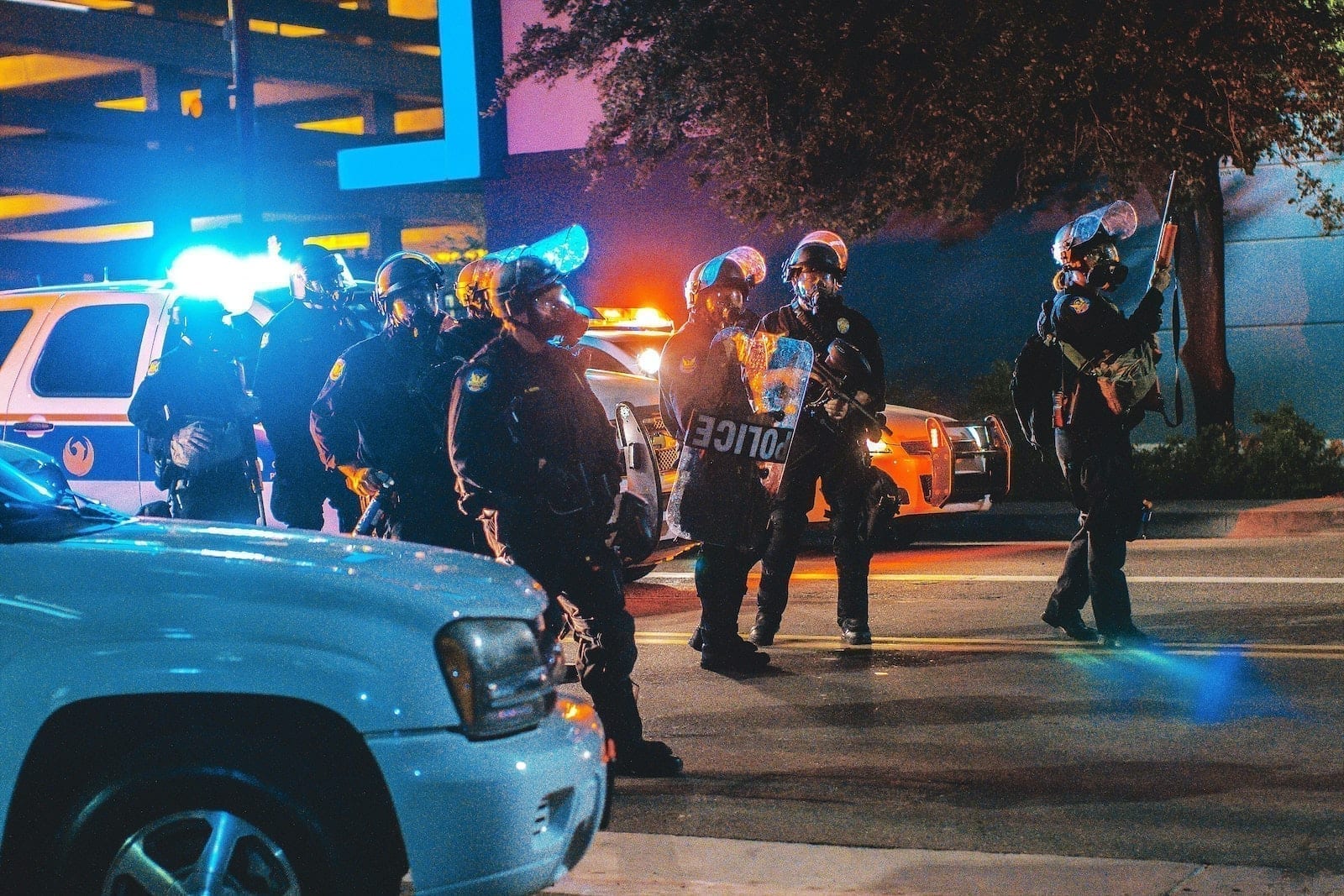Tracy Tiernan - December 10, 2020 - Criminal Defense

Entrapment is something that many people who have watched police procedurals have heard of, but entrapment is also a commonly misunderstood concept. Bizarrely, even the 1999 film Entrapment got the concept wrong because entrapment can only be perpetrated by law enforcement rather than private insurance investigators. It may be helpful for anyone who has been charged with a criminal offense in Oklahoma to understand what entrapment means. The following considers two truths as well as two fictions about entrapment.
Truth # 1 – Entrapment Involves Inducement by Law Enforcement
In Oklahoma, entrapment occurs when an individual who has no previous intent to commit a criminal offense is induced to do so by law enforcement. Entrapment does not occur if a person is willing and prepared to commit a crime and law enforcement facilitates the offense.
For example, an undercover law enforcement officer is investigating a person who is selling cocaine and presents him the opportunity to commit a crime by offering to buy cocaine. Merely offering to buy the cocaine does not constitute entrapment. If the law enforcement officer, however, harasses, threatens, or pushes the individual to sell cocaine to the degree that law enforcement coerces the man to do so, however, entrapment has occurred.
Truth # 2 – There are Two Legal Standards for Entrapment
There are two legal standards utilized to determine whether entrapment has occurred. The first objective standard requires that law enforcement’s behavior would have induced an average citizen to commit the offense. The second objective standard examines whether a person was predisposed to commit a crime as well as evaluates what actions were taken by law enforcement. Oklahoma relies on the subjective standard when considering entrapment.
Myth # 1 – Law Enforcement Must Identify Themselves or it is Entrapment
Law enforcement officers can and often do lie to people to obtain the evidence necessary to perform an arrest. This is just one of the many reasons why you must remember the Fifth Amendment and remain silent when interacting with law enforcement. Also, remember that while undercover stings might feel like entrapment, courts do not view them as such. Instead, entrapment only occurs when law enforcement instructs someone to commit a crime that the individual would otherwise not have committed.
Myth # 2 – If Law Enforcement Asks You to Commit a Crime, it is Entrapment
Law enforcement can ask you to engage in a criminal offense, and this does not constitute entrapment. Instead, remember that entrapment is only found to occur if a person commits an offense that they would not have committed in the absence of law enforcement coercion. In situations in which law enforcement threatens you to commit a criminal offense, however, this might constitute entrapment.
Speak With an Oklahoma Criminal Defense Attorney
If you or a loved one has been charged with a criminal offense in Oklahoma, you should not hesitate to obtain the assistance of a compassionate and knowledgeable defense attorney. Attorney Tracy Tiernan has helped many people create strong defenses to Oklahoma criminal charges and will remain committed to obtaining the results you deserve. Contact attorney Tiernan today for assistance.